By Peaches Calhoun

On election night in Ohio, the map didn’t just show winners and losers. It showed a shift.
Precinct by precinct, school board by school board, city hall by city hall, New Americans and historically sidelined communities didn’t just turn out to vote—they stepped directly into the frame of power.
Not as ornaments.
Not as background diversity.
But as decision-makers.
Aftab Pureval: When the Mayor’s Story Looks Like the City
Start in Cincinnati.
Aftab Pureval, the son of an Indian father and Tibetan mother, and the city’s first Asian American mayor, just won a second term in a landslide—about 78% of the vote against Republican Cory Bowman, Vice President J.D. Vance’s half-brother.
On paper, the race was nonpartisan. In reality, everybody understood what it meant: in a major Ohio city, voters looked at a mayor with immigrant roots and said, We want more of this, not less.
Pureval’s reelection is a message that goes far beyond Cincinnati:
When the child of immigrants stands at the podium as mayor, it tells families whose parents still switch languages mid-sentence that they’re not just allowed to live here. They’re allowed to lead here.
And that current—this “we belong in the driver’s seat” energy—flows straight up the highway into Central Ohio.
Grove City’s Ward 5: Mohamed Omar and the Politics of Belonging
In Grove City, Ward 5 chose a new voice: Mohamed Omar, a 24-year-old Somali American educator and community advocate.
Omar describes himself plainly:
“A proud first-generation American raised by parents who came to this country with hope and grit… Ward 5 deserves leadership that looks like its people, listens like a neighbor, and leads with purpose.”
Unofficial results from the Franklin County Board of Elections show Omar winning Ward 5 with roughly 45% of the vote, in a three-way race that included a withdrawn candidate and a strong write-in effort.
On paper, it’s a city council race.
In practice, it’s a handoff—from “we were grateful just to be allowed here” to “we now help decide the rules here.”
For Ward 5 residents—longtime locals and newer refugee families side by side—Omar’s win says:
Your accent, your family’s refugee paperwork, your parents’ night-shift sacrifices—none of that disqualifies you from power. It might be exactly what qualifies you for it.
Westerville: Anisa Liban and the Power Behind the Desk
Head north to Westerville City Schools and you’ll find another breakthrough sitting quietly at the board table.
Anisa Liban was appointed to the Westerville City School Board in September 2024, becoming the first Somali woman to serve on any school board in Ohio.
This November, voters didn’t just let her keep the seat—they elected her outright, alongside Kristina Meyer and Tatjana Brown, in a five-way race for three at-large seats on the board.
Liban now serves as vice president of the board, bringing her background as a policy professional and first-generation student into a district trying to steward new tax revenue responsibly after passing a 0.75% earned income tax to avoid deep cuts.
For Somali and other immigrant families in Westerville—families whose kids have been translating enrollment forms at the kitchen table for years—this isn’t abstract representation. It’s direct line-of-sight.
Curriculum, translation services, discipline policies, mental health supports—none of those conversations look the same once someone like Liban is in the room.
Columbus: When the Center of the Map Starts to Move
Now, home base: Columbus.
If you only looked at cable news, you’d think nothing “big” happened here this November. But the people who actually live with the consequences know better.
Tiara Ross: A New Voice for District 7
In Columbus City Council District 7—the seat that stretches from downtown into neighborhoods shaped by redlining and redevelopment—Tiara Ross narrowly defeated immigration attorney Jesse Vogel in a citywide vote.
Unofficial results show Ross winning with about 50.7% of the vote to Vogel’s 49.3%—a razor-thin margin in a race where Vogel actually carried most of the precincts inside the district boundaries, but Ross won citywide under Columbus’s at-large voting system.
Ross comes in as an assistant city attorney with deep experience in the legal system. For New Americans and longtime Black residents alike, that matters in a district that experiences the sharp edges of “revitalization”—evictions, homelessness, policing, and development—all at once.
Is this a “New American” win on paper? No.
Is it a win for the people who most often feel the system leaning on their backs? Absolutely.
And those people include a lot of immigrants, refugees, and mixed-status families.
Columbus City Schools: Steering the State’s Largest District
Voters in Columbus City Schools, Ohio’s largest district, chose Patrick Katzenmeyer, Jermaine Kennedy, and Antoinette Miranda to fill three open board seats.
- Miranda is a former member of the Ohio State Board of Education and a longtime professor of school psychology.
- Katzenmeyer is a project manager and parent of three CCS students whose own kids’ school—Hubbard—was once on a closure list.
- Kennedy is a nonprofit youth development leader and CCS parent, serving as a chief program officer while staying rooted in after-school and family-centered work.
They’re stepping onto a board staring down a $50 million deficit, possible bus cuts, and more building closures—a situation that hits immigrant and low-income families first and hardest.
Are any of the three New Americans? Not as far as public reporting goes.
But here’s why they still matter in this story:
New American kids are concentrated in big urban districts like Columbus. When a school board gets serious about equity, language access, and transportation, they’re not doing a favor. They’re doing damage control on decades of policy that treated immigrant communities as an afterthought.
Ohio’s First Muslim Judge: Ajmeri Hoque on the Bench
Some wins don’t come with fireworks, but they quietly rewrite the script.
In Franklin County, Ajmeri Hoque was elected to the Municipal Court, becoming Ohio’s first Muslim judge.
She ran unopposed and received more than 133,000 votes, according to unofficial results. Hoque was born in Bangladesh, practiced as both a prosecutor and defense attorney in Central Ohio, and has represented student activists and everyday residents in court.
Municipal court isn’t glamorous. It’s where evictions get stamped, fines turn into warrants, and traffic stops become records. It’s one of the first places many New Americans bump into the American legal system—with a language barrier, a cultural barrier, and no roadmap.
To walk into that courtroom and see a Bangladeshi-born Muslim woman on the bench changes the emotional weather, even if the law itself hasn’t moved an inch.
It doesn’t guarantee mercy.
But it makes invisibility harder.
Zooming Out: New Americans as Co-Authors, Not Side Characters
Put these threads together:
- A Tibetan–Indian American mayor in Cincinnati is cruising to reelection with nearly four out of five voters behind him. A Somali American 24-year-old winning the Grove City Council’s Ward 5 and explicitly calling himself a “proud first-generation American,” building “a future where everyone has a voice.”
- Anisa Liban, the first Somali woman on any Ohio school board, has now elected and is serving in board leadership in Westerville.
- Ajmeri Hoque, the first Muslim judge in Ohio, is on the Franklin County Municipal Court bench.
- New leadership in Columbus’s council and school board, governing districts where New American families actually live, learn, and hustle.
That’s not tokenism. That’s infrastructure.
It’s moms who once needed interpreters at every meeting, now being the policymakers.
It’s kids who grew up hearing “go back where you came from” now running the meetings everyone has to attend.
It’s communities that were treated as case files stepping fully into their role as co-authors of Ohio’s future.
Columbus as a Test Kitchen for the New American Future
Columbus isn’t just another Midwestern city anymore—it’s a New American laboratory.
More than 100 languages are spoken in Columbus, and around one in six residents is a first- or second-generation immigrant.
Bhutanese-Nepali, Somali, Congolese, and many other refugee communities have made Greater Columbus home, supported by local resettlement agencies like Community Refugee & Immigration Services (CRIS) and US Together.
So when New Americans start winning here, it’s not a fluke—it’s a stress test for American democracy.
Can a city where dozens of languages ride the same bus system function when the city council, school board, and courts actually reflect that mix?
So far, the answer looks a lot like yes—if you let them lead.
What These Wins Ask of Us
All this progress comes with assignments attached.
For New American communities, the homework looks like:
- Vote every time, not just when the presidency is on the line. School boards and city councils decide more about your daily life than the White House ever will.
- Hold your own leaders accountable. Representation without integrity is just a different flavor of disappointment.
- Build coalitions with Black, Latino, working-class white, and long-time Appalachian communities. The forces trying to roll back progress don’t really care where your parents were born. They care if you’re voting together.
For long-time Ohioans whose families have been here for generations:
- Understand that when New Americans step into power, they’re not “replacing” you. They’re reinforcing a democracy that was collapsing under the weight of its own contradictions.
- See these wins not as a threat to tradition but as proof that the American promise is elastic enough to fit more of us than it was originally designed for.
Closing: Arrival Wasn’t the Finish Line
On paper, these were “off-year” local elections.
No presidency. No governor. No national TV ticker glued to our screens.
But if you listened to the names being announced—Pureval, Omar, Liban, Hoque, Ross, Miranda, Katzenmeyer, Kennedy—you could hear something sacred underneath the mundane rhythm of results:
A quiet agreement that belonging is not up for negotiation anymore.
New Americans are not waiting for a permission slip to serve. We are here—in the mayor’s office, at the council dais, on the school board, behind the bench—bringing our languages, our faiths, our family histories, and our stubborn hope with us.
My name is Peaches Calhoun, and I watched this map light up from Columbus.
What I saw wasn’t just wins.
I saw Ohio inching closer to what it’s always claimed to be:
A place where the people who build the future finally get to govern it
Support the New Americans magazine to continue to serve our community with precise news that affect the new American, immigrant and refugee community. https://paypal.com/donate/?hosted_button_id=8LHFS78NRNJJY&source=url


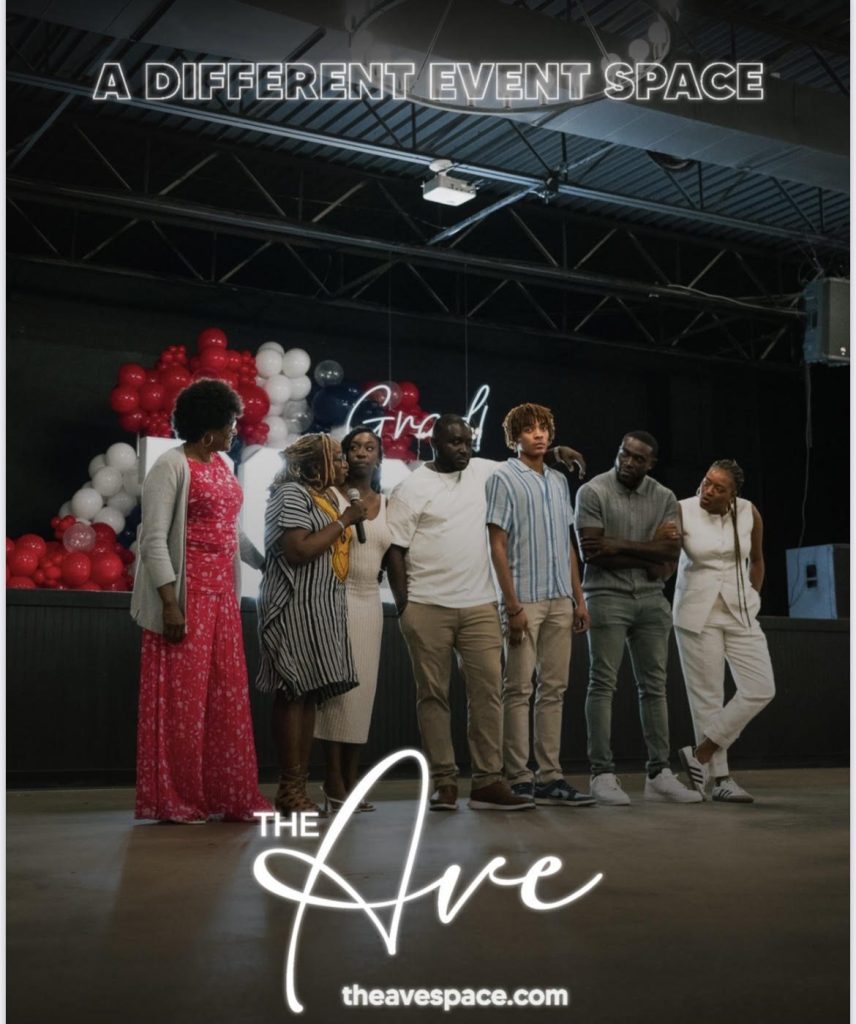
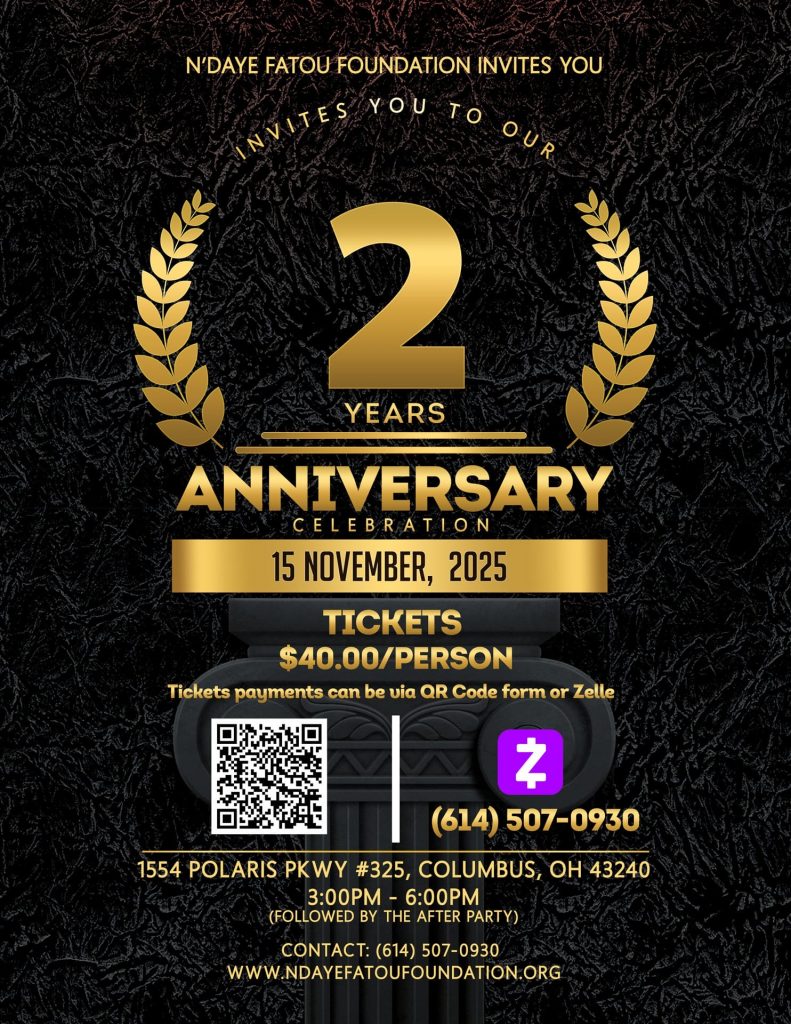











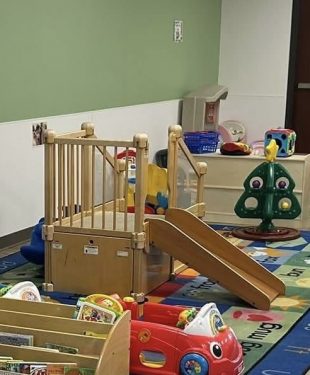
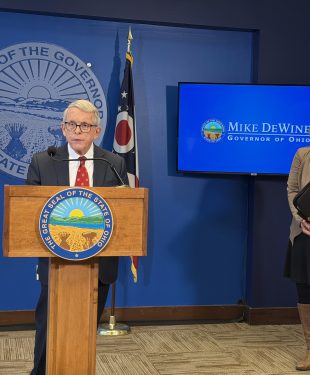
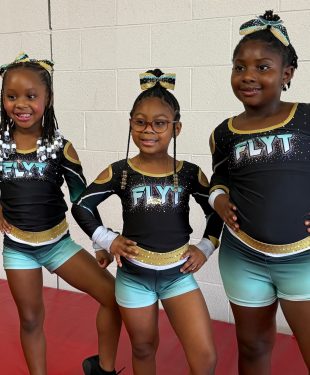
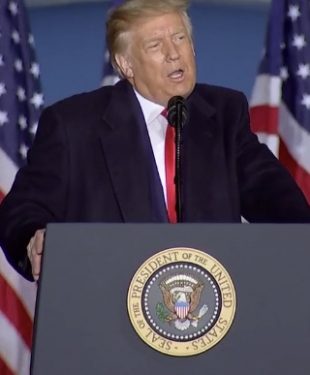

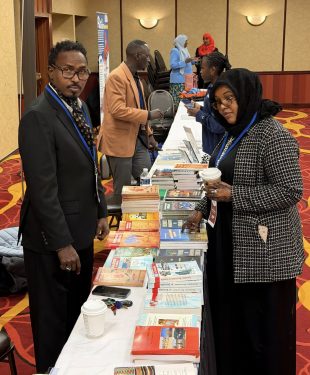
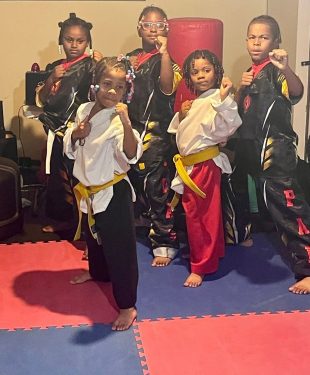










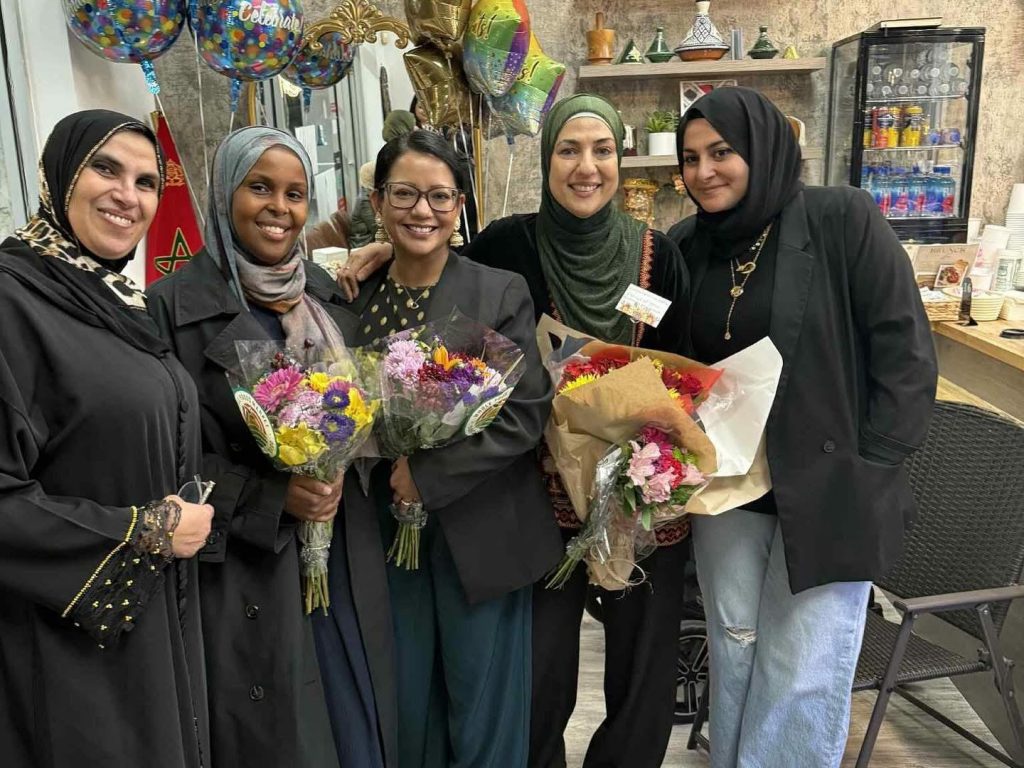

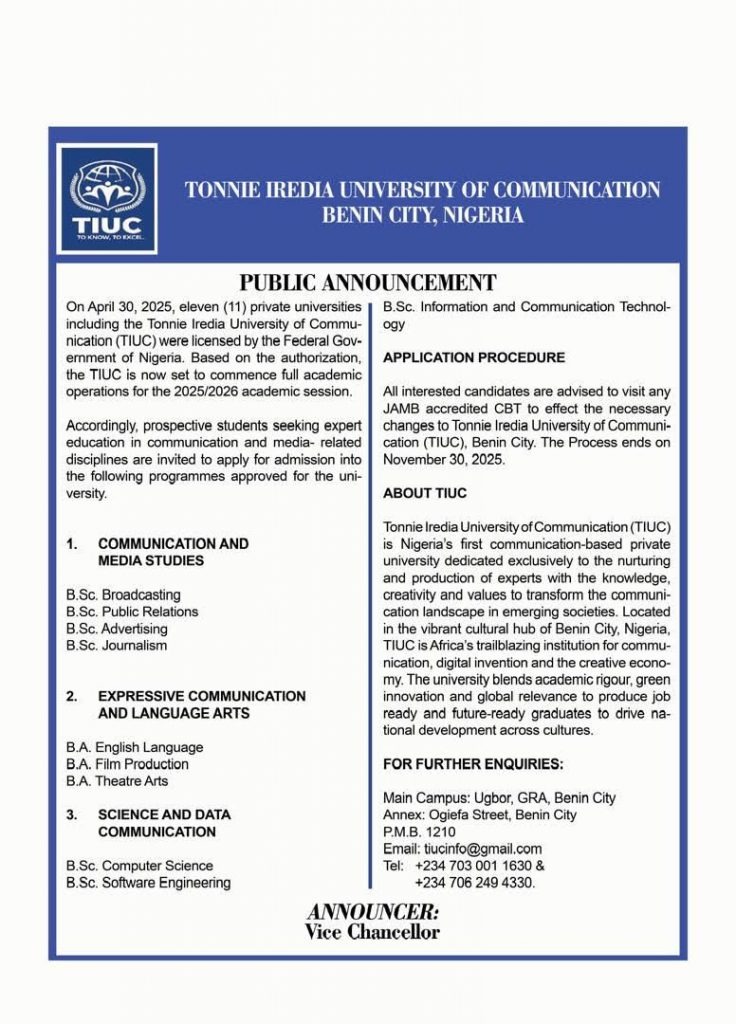
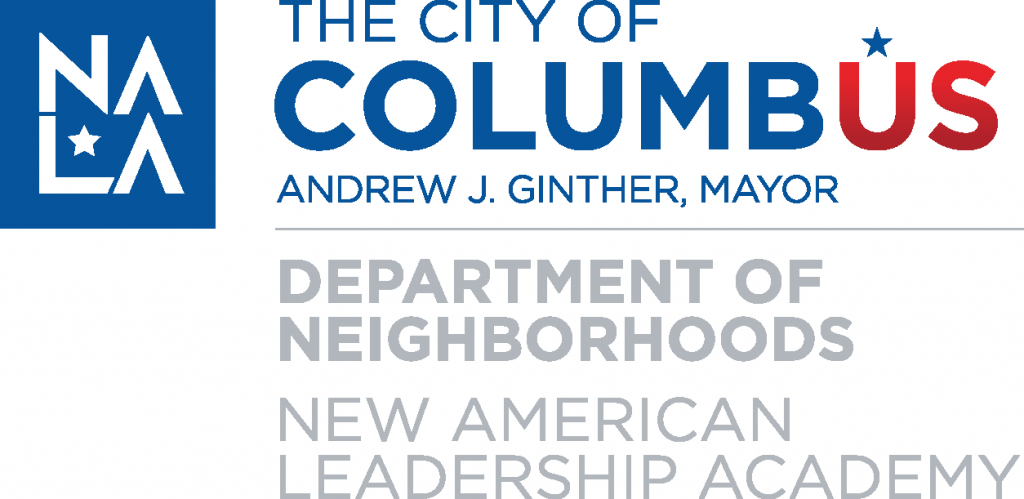






Leave a Reply
You must be logged in to post a comment.